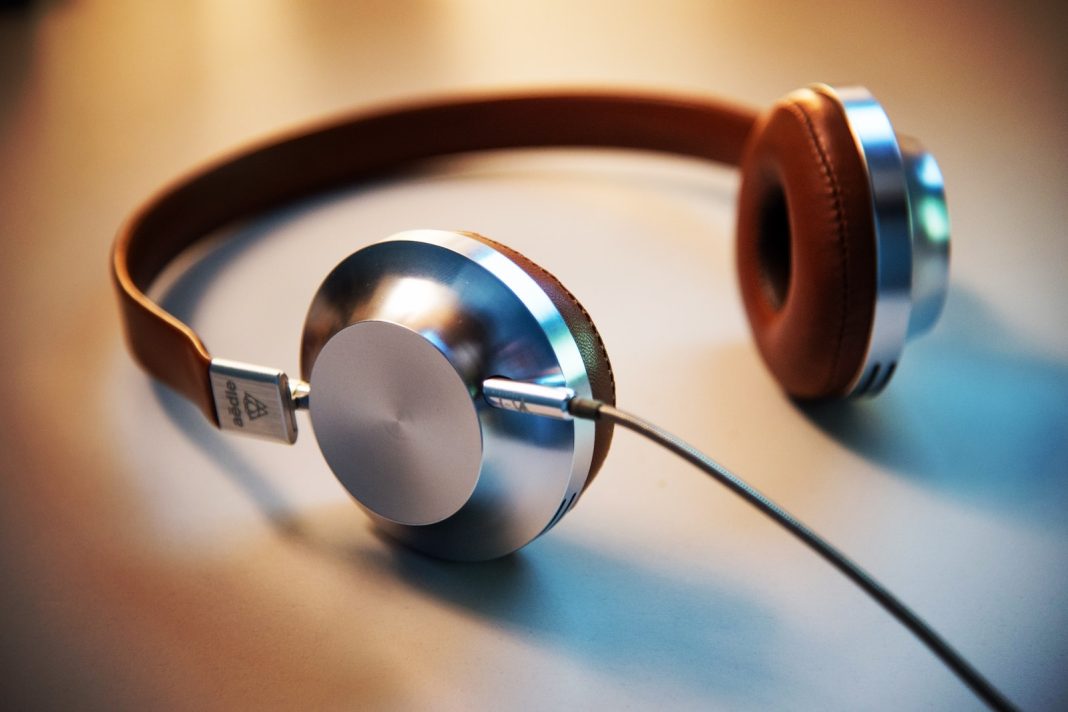In a significant stride towards sustainable audio solutions, Urbanista has revealed the second iteration of its solar charging headphone lineup, featuring a revamp of both the Los Angeles over-ear headphones and Phoenix true wireless earbuds. Expected to hit the market midway through the year, these environmentally conscious devices incorporate cutting-edge technology for improved performance, enhanced power efficiency, and a more budget-friendly cost.
The standout feature of Urbanista’s latest headphone models is the introduction of adaptive noise cancellation (ANC), a notable upgrade from the previous active noise cancellation (ANC) technology. The headphones and earbuds still utilize Exeger’s Powerfoyle solar charging material, ensuring a green and sustainable energy source.
Despite being in the developmental phase, Urbanista has disclosed that the second-gen Los Angeles over-ear headphones will be priced at $179, a slight reduction from the $199 of their predecessors. Simultaneously, the second-gen Phoenix true wireless earbuds will be available at $129, down from $149.
Urbanista’s commitment to providing extended listening experiences between charges remains a key focus. The devices boast impressive estimates, with the Los Angeles headphones potentially offering over 50 days of playback with just 10 hours of “low light” charging per day. Similarly, the Phoenix earbuds could provide almost 16 days of listening under the same conditions. Both devices promise infinite playback with consistent exposure to ample sunlight.
The innovative solar charging feature remains at the core of Urbanista’s design philosophy. With the ability to charge from both outdoor sunlight and indoor ambient light, these headphones aim to redefine the way users interact with audio technology. Traditional USB-C ports are also included as a backup charging option for situations where solar charging may not be feasible.
Urbanista has addressed user feedback and made significant improvements to the comfort and functionality of both the Los Angeles over-ear headphones and Phoenix true wireless earbuds. The new Los Angeles headphones now include a 3.5mm jack for wired listening, rectifying a notable omission from the original model. Additionally, the headphones feature a lower clamping force for improved comfort during extended use.
Despite claims of increased power efficiency, the rated battery life of the Los Angeles headphones has been adjusted from 80 to 60 hours. Urbanista’s product director explains that this change was made to reduce the headphone’s weight and enhance comfort. The company asserts that 60 hours still surpasses the battery life offered by many competitors and is further extended in practice through solar charging.
On the other hand, the Phoenix wireless earbuds maintain their 40 hours of total playtime, with 32 hours from the case and 8 hours from the buds themselves. The earbuds have undergone similar improvements in power efficiency and overall size, emphasizing comfort and prolonged usage.
Other notable enhancements include multipoint support for the Los Angeles headphones, allowing simultaneous connections to multiple source devices. The Phoenix earbuds, while already featuring multipoint support, receive an upgraded companion app for easier management. On-ear detection, another existing feature, has been improved for both models, and the Phoenix now boasts an enhanced IP54 rating for protection against dust in addition to water splashes.
The solar charging technology, powered by Exeger’s Powerfoyle material, remains consistent with the first-generation models. Urbanista, an early adopter of this solar charging technology, faces competition from other companies expressing intentions to integrate Exeger’s technology into their products. Despite the emerging competition, Urbanista remains confident, citing their several years of experience with the technology as a competitive advantage.
Urbanista’s marketing director expresses enthusiasm about the growing market for solar-powered products, anticipating that increased awareness and adoption will benefit the entire industry. “A lot of these things that we’re developing, we’re kind of figuring out on the go,” the director notes. “If we see others adopt the technology, we can maybe take some things to improve our own product.”
As Urbanista prepares to launch the second generation of its solar charging headphones, consumers can look forward to an eco-friendly audio experience with improved features and a more accessible price range. The company’s commitment to sustainability and innovation positions them at the forefront of the evolving landscape of solar-powered audio devices.


